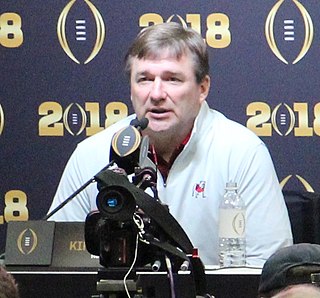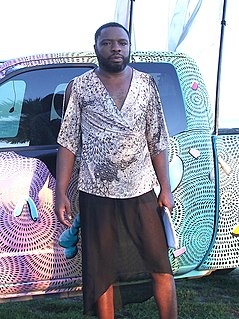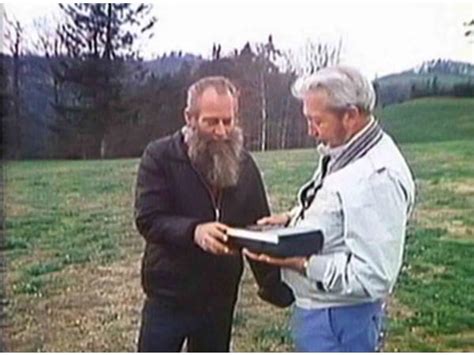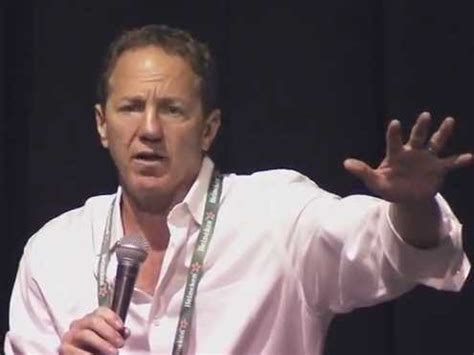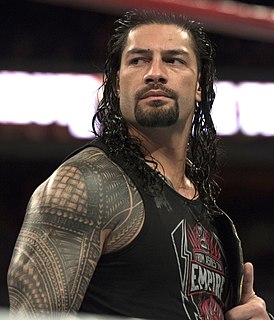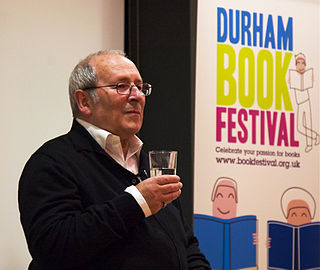A Quote by Alex Haley
I certainly wasn't seeking any degree, the way a college confers a status symbol upon its students. My homemade education gave me, with every additional book that I read, a little bit more sensitivity to the deafness, dumbness and blindness that was afflicting the black race in America. Not long ago, an English writer telephoned me, asking questions. One was, "What's your alma mater?" I told him, "Books.
Quote Topics
Additional
Alma Mater
America
Any
Asking
Asking Questions
Bit
Black
Black Race
Blindness
Book
Books
Certainly
College
Deafness
Degree
Dumbness
Education
English
Every
Gave
Him
Homemade
Little
Little Bit
Long
Long Ago
Me
More
Questions
Race
Race In America
Read
Seeking
Sensitivity
Status
Status Symbol
Students
Symbol
Way
Writer
Your
Related Quotes
A couple of years ago I picked up New Yorker writer Alma Guillermoprieto's "The Heart That Bleeds," which is reportage from Latin America in the 1990s. You can predict that some books will give you a thrill, but you can't predict the books that will hit you hard. It is a little bit like falling in love.
The "brightness" of the 15 percent might or might not indicate a profound feeling for the causes of things; it is largely verbal and symbol-manipulating, and is almost certainly partly an obsessional device not to know and touch risky matter, just as Freud long ago pointed out that the nagging questions of small children are a substitute for asking the forbidden questions.
My feeling, however, is that films that are open are more productive for the audience. The films that, if I'm in a cinema, and I'm watching a movie that answers all the questions that it raises, it's a film that bores me. In the same way, if I'm reading a book that doesn't leave me with questions, moving questions, that I feel confronted with, then for me it's a waste of time. I don't want to read a book that simply confirms what I already know.
When I am dead--I say it that way because from the things I know, I do not expect to live long enough to read this book in its finished form--I want you to just watch and see if I'm not right in what I say: that the white man, in his press, is going to identify me with "hate". He will make use of me dead, as he has made use of me alive, as a convenient symbol, of "hatred"--and that will help him escape facing the truth that all I have been doing is holding up a mirror to reflect, to show, the history of unspeakable crimes that his race has committed against my race.
How would you like your child in kindergarten through 12th grade attending classes with kids who can't read, write, speak or understand English -- or American education values? Furthermore, how would you feel if those students felt zero investment in education, in English and the American way? How would you like your child's education dumbed down to that of a classroom from the Third World? Guess what? Today, if you're a parent of a child in thousands of classrooms across America, that's what's happening to your children with your tax dollars.
There is a young fella who works for me, named Brian Unkeless, who's very smart. We're a very small company that has been Brian and me and two assistants, although we're growing a little bit now. He read the [The Hunger Games] book and loved it, and told me I should read it. He had been a fan of the Gregor books. So, I read it and couldn't put it down and couldn't stop thinking about it. I really became obsessed with the thought of producing it, and was completely bothered by the idea that anybody but me could produce it.



